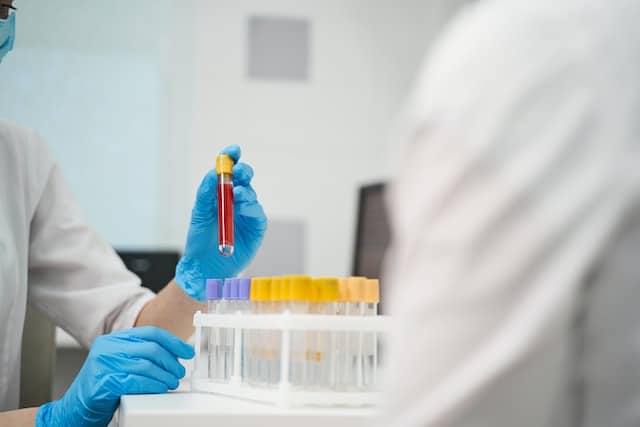Deborah Kan reports from the ground at the Clinical Trials on Alzheimer's Disease (CTAD) conference in Madrid, Spain.
Would you want to know if you were on the road to Alzheimer’s 20 years before you have any memory loss? My feeling is that most people would probably have to think long and hard about the answer to that question but one CEO of a diagnostics company told me that the technology today is capable of picking up biomarkers in the blood as long as decades before Alzheimer’s symptoms actually appear.

Blood tests are becoming more widely embraced by doctors to detect Alzheimer’s disease biomarkers — like beta-amyloid plaque and tau tangles — in the blood. These new kinds of Alzheimer’s tests don’t diagnose the disease, but they can help diagnose it by providing important evidence: They are cheaper to administer than PET scans or lumbar punctures, and they’re currently being used by doctors to establish a risk profile for people who have been diagnosed with mild cognitive impairment or are in an early stage of memory loss. (At this point, they do need to be paired with other kinds of diagnostic tests and care in order to be truly useful.)
But the landscape is changing drastically as more diagnostic test companies come onto the scene (I’ve met with several here at CTAD), and more treatments emerge that aim to prevent Alzheimer’s, rather than cure it. Studies show that the earlier you detect Alzheimer’s, the better chance you have of delaying its onset quite significantly! That’s why getting this new diagnostic technology right is so important. And it’s moving swiftly, but as it grows more accessible, we do need to slow down a bit and ask ourselves: How life would be different if you found out in your 40’s you were on the road to Alzheimer’s disease decades in the future?




